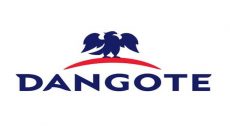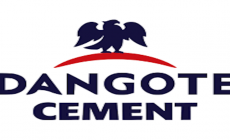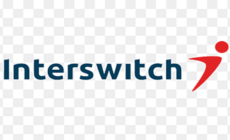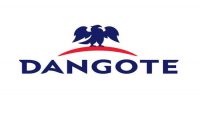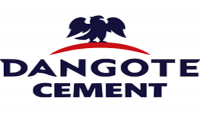Nigerian investors have recently been on the receiving end of both Ponzi schemes and failed investments, little wonder why investor confidence has been greatly eroded. It is estimated that in the last five years, Nigerians have lost over N300 billion to these dubious and failed schemes.
Ponzi Schemes versus Bad Investments
Ponzi schemes are akin to a fraudulent activity where the goal is to attract new investors for a non-existent, failing or sophisticated business which often has no clear line of generating income. New investor’s money is used to pay earlier investors who then believe that the business is making a profit.
Ponzi schemes are heavily reliant on the number of new investors who can come into the company. When there is a slowdown on new investors, the scheme begins to have cracks and eventually collapses. An exceptional Ponzi scheme which lasted over 15 years is the famed Bernie Madoff Ponzi scheme which was successful for so long because the Ponzi scheme was merely a side aspect of an already successful investment company. Beyond this example, many Ponzi schemes are typically unable to hold on for longer than two years.
Thus, the key characteristics of a Ponzi scheme include guarantees of very high returns while indicating low risk; an absence of paperwork which would normally establish how the investment works; and unclear terms with regards to the risk and liabilities on the part of the “investment manager”. Finally, Ponzi schemes are often known for their desperate call for more people to invest in the scheme.
Bad investments on the other hand, are a category of investments which fail either because of factors beyond the control of the investment manager, the desire to make aggressive returns on the part of the investment manager or a simple case of negligence. The central idea behind an investment is capital preservation with the aim of making reasonable returns. Often, these returns would match what is prevailing in the market.
Some key drivers for making bad investments by an investment manager include giving into fear and greed, over confidence in a particular asset class or strategy, guaranteeing greater returns without assessing the viability of such promises, heavy reliance on past patterns, herding etc.
How then can investors be protected from bad investors and Ponzi schemes? This is where the regulators step in along with the relevant security authorities.
The role of the regulator
The role of the regulator is straightforward. They make the rules and ensure adherence to the rules. The Securities and Exchange Commission (SEC) in Nigeria requires that any sort of investment manager (Fund managers like Mute Swan Capital Limited) must be registered with the SEC. The SEC puts in place relatively stringent conditions to become a Capital Market Operator (CMO) which plans to take funds from the investing public. This is because SEC seeks to protect the investor and guarantee that the CMOs perform the fiduciary duties which are owed to the investor. This ensures that the CMO does not put investor’s funds at excessive risk as they seek to attain greater returns. The SEC regularly checks the records of these CMOs and requires that audited accounts be provided, allowing for proper checks on their activities.
The SEC has in years past shown that it is a proactive regulator when it comes to clamping down on defaulters. However, the capacity and capabilities of the regulators can often be hindered by investor silence on suspicious schemes which provide unrealistic returns. Often times, investors are so caught up in the web of grand returns that there is a failure to conduct due diligence on the scheme or entity. The SEC has a dedicated website portal where investors can quickly identify if a company is indeed licensed by the SEC to engage in investments on behalf of investors.
Thus, the question of “where were the regulators?”, would be one worth asking if investors in such schemes had taken the bold step of blowing the whistle on such investments. While the regulator owes the investor the duty of ensuring that the investment terrain is sanitized, the investor has a role to play in an effective sanitation of the system.
An investor’s duty to an investor
In summary, even in the midst of some many social and economic ills, investors owe atleast a moral duty to each other. When an investor benefits from a Ponzi scheme and refuses to report such schemes, this puts other investors at the mercy of such ruthless schemes. Therefore, the call is for all investors to look out for each other.
The red flag is not a sign for investors to invest and then jump out with the hope of not getting burnt. Rather it is a signal to call on the regulator to take action.
Thank you for reading.







